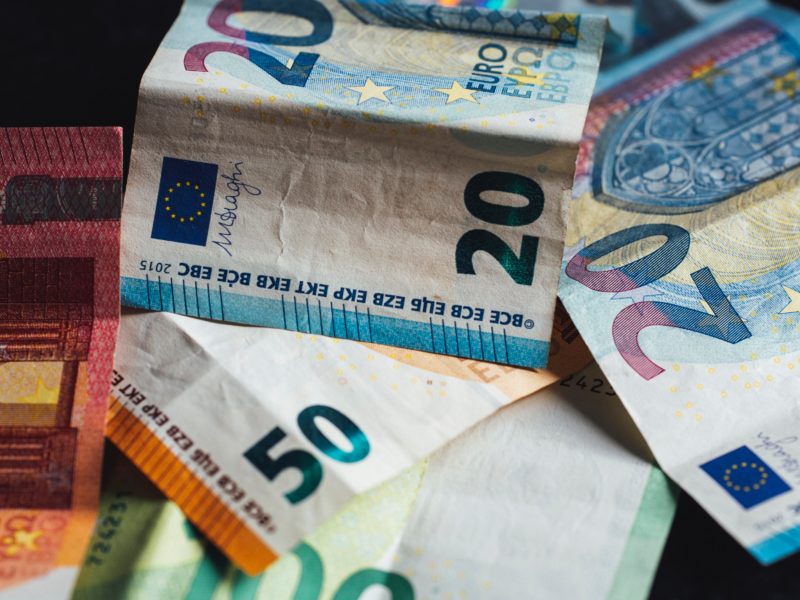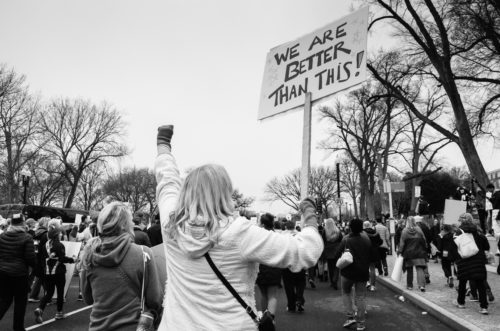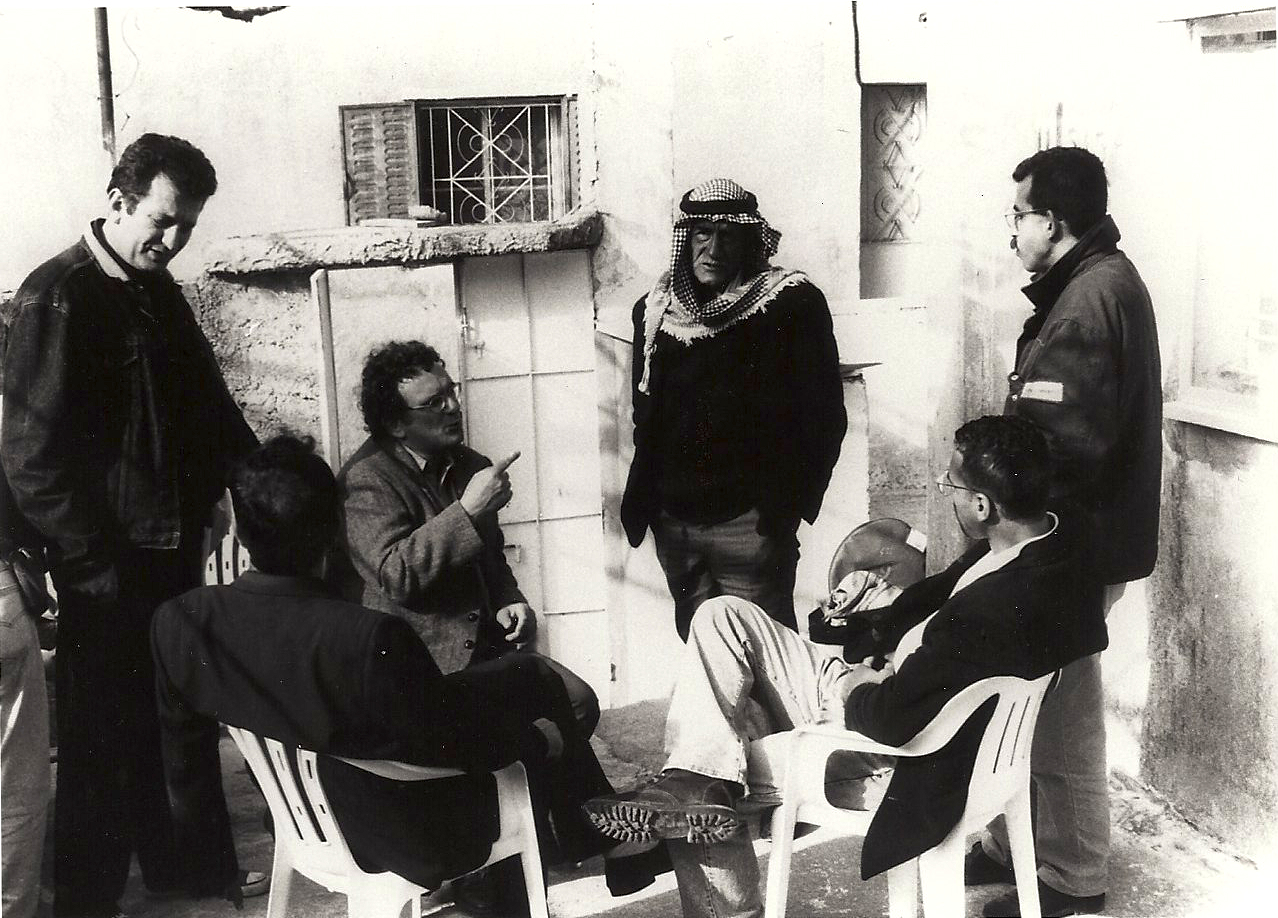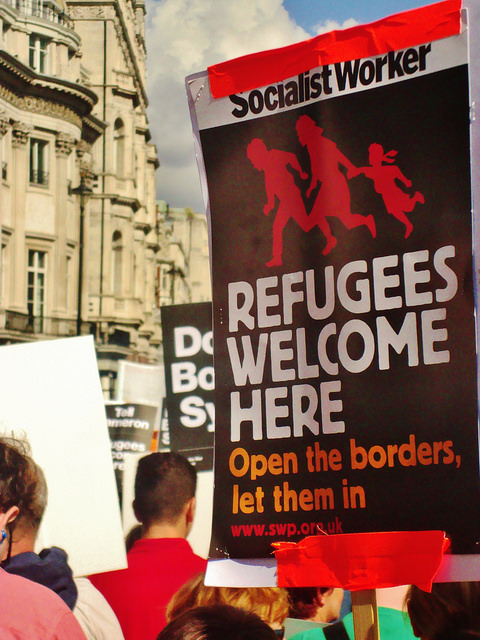Guest post by Gianmarco Daniele and Gemma Dipoppa
A few weeks ago, a massive data leak from a major Swiss bank revealed that it catered to—among others—dozens of criminals and drug lords with outsized wealth. This included a broker for the notorious Italian-based criminal organization, ‘Ndrangheta, who managed a major real estate venture in southern Italy and had hidden away a small fortune at Credit Suisse. It is the most recent case highlighting the involvement of criminal organizations in white-collar crimes, including fraud and money laundering.
How common is the involvement of organized crime in the legal economy? And how can governments fight back?
In a new paper, we study one of the ways criminal groups enmesh themselves in the legal economy: by setting up shell companies or infiltrating businesses, criminals apply to and obtain European subsidies created to spur economic growth among firms, especially in economically disadvantaged areas. According to the European Anti-Fraud Agency, every year between 300 and 900 million euros end up in criminal hands this way.
To prevent this phenomenon, the Italian government designed a policy (the “Antimafia Information Law”), aimed at auditing whether firms that apply for subsidies have links to organized crime. In 2013, the law was strengthened and, since then, the controls apply only to firms receiving subsidies above 150,000 euros. The policy is well designed as the police force bears the full costs of the investigations and there isn’t any heavy bureaucratic burden on the firms’ side.
By looking at the universe of subsidies data financed by the European Union, we discovered a striking pattern: after the law was strengthened in 2013, there was an abnormal number of subsidies—four times higher—awarded just below the 150,000 euros threshold. In other words, some firms reacted strategically by applying for funds immediately below the 150,000 euros screening threshold. Are they mafia-connected firms avoiding the police checks?
We found that those applying for subsidies right below the 150,000 euros threshold have features in line with the typical mafia firm: they are located in cities with a stronger mafia presence and are active in economic sectors traditionally infiltrated by organized crime, like construction and waste management. Some were even created right before applying for subsidies, in line with the creation of ad-hoc shell companies.
What this shows is that mafia-related companies react quickly and strategically to avoid police checks. The police screening succeeds insofar as it pushes mafia firms that would have otherwise received higher subsidies to apply for funds below the threshold. Those mafia-linked firms can easily game the system and received some funds, but overall, the law is beneficial, since mafias’ losses are higher than the bureaucratic costs of additional screenings. (An alternative would be to enforce random screenings, rather than only above arbitrary thresholds.)
Criminal organizations have evolved by expanding their businesses to new geographic areas and by infiltrating the legal economy in unprecedented ways. In 2018, the Slovak journalist Jan Kuciak was murdered for exposing the presence of the ‘Ndrangheta in Slovakia and its links to leading Slovak politicians. The investigation revealed how ‘Ndrangheta members had embezzled the bulk of European subsidies for green energy and agricultural production in Slovakia.
Governments should consider the serious threat posed by organized crime in Europe, and the ways in which criminals routinely benefit from and game the legal economy in unexpected sectors, misappropriating public money. Ours is the first study of a policy targeting the revenues of organized crime, and it clearly shows the need for global evaluations of anti-corruption policies, taking into account the strategic and fast-adjusting behavior of criminal actors.
Gianmarco Daniele is Assistant Professor at the University of Milan and Executive Director of the CLEAN Unit on the economics of crime at Bocconi University. Gemma Dipoppa is a Post-Doctoral Fellow in Political Science at Stanford University and incoming Assistant Professor at Brown University.







